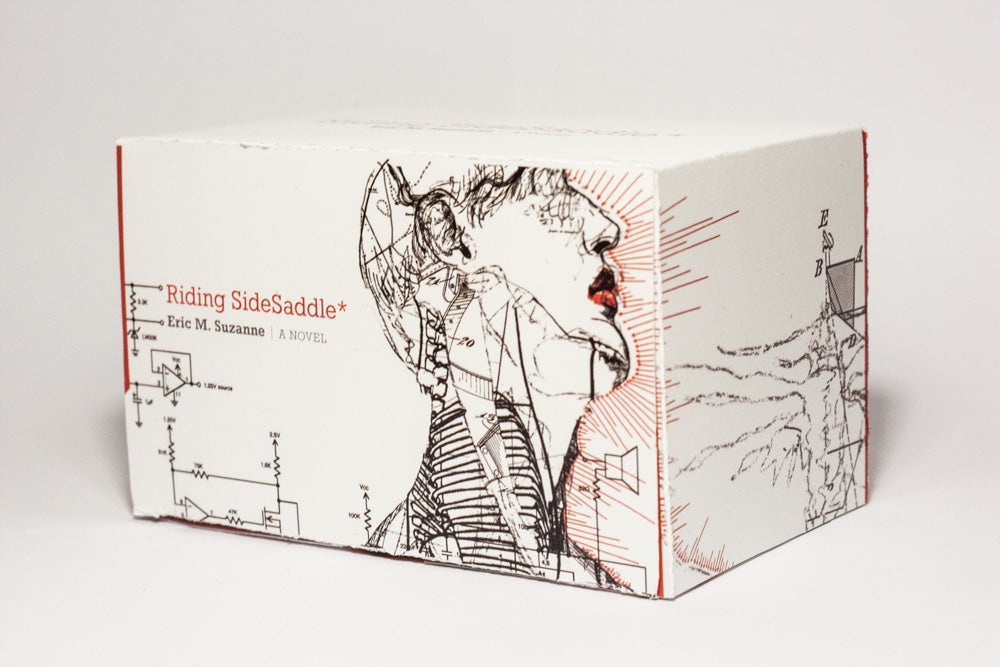Finding the Echoes: An Interview with Rebecca Makkai
“I feel like most stories are really two stories. In putting those two together, I found the echoes between them. This one is very discernibly two stories. And it means a lot more as the last story of the collection, because then you see that this old Hungarian couple are echoes of my own grandparents, and that this survivor’s guilt the characters feel has a lot to do with mine. Even the little museum that Jed constructs has references to other stories in the collection. Not so overtly that it would be cheesy, but I want the sense that what he’s doing with that museum is what I’m doing with this collection. This sense of being an artist and a survivor in a world where a lot of people don’t make it.”
Finding the Echoes: An Interview with Rebecca Makkai Read More »
“I feel like most stories are really two stories. In putting those two together, I found the echoes between them. This one is very discernibly two stories. And it means a lot more as the last story of the collection, because then you see that this old Hungarian couple are echoes of my own grandparents, and that this survivor’s guilt the characters feel has a lot to do with mine. Even the little museum that Jed constructs has references to other stories in the collection. Not so overtly that it would be cheesy, but I want the sense that what he’s doing with that museum is what I’m doing with this collection. This sense of being an artist and a survivor in a world where a lot of people don’t make it.”








